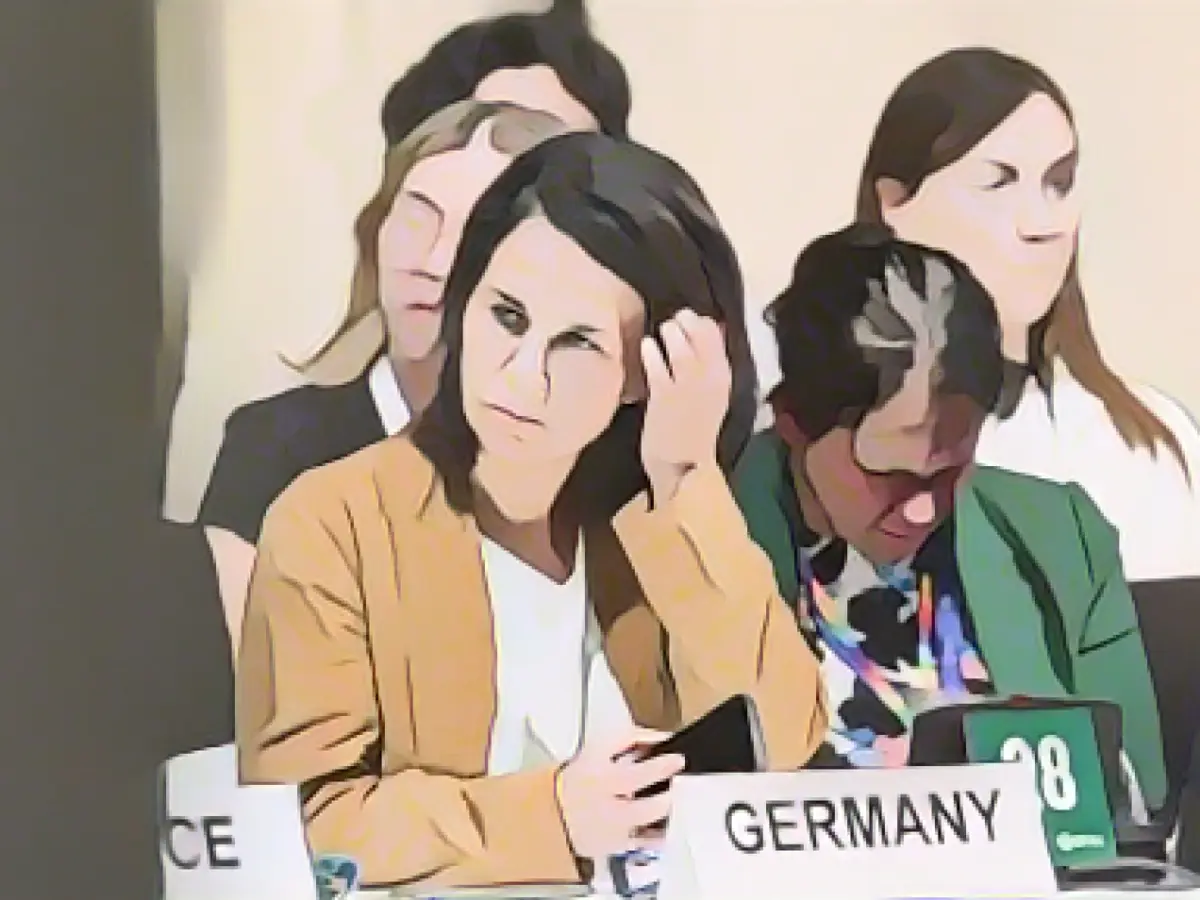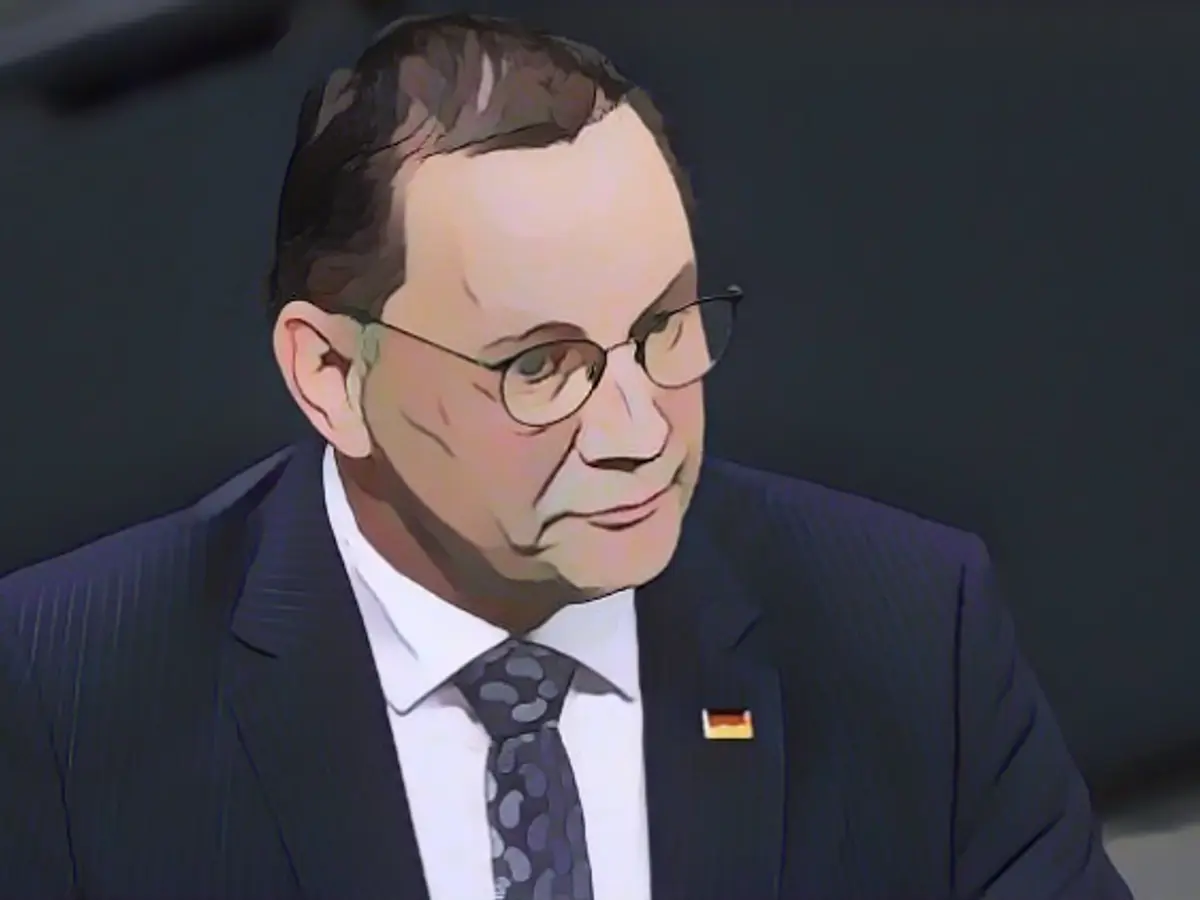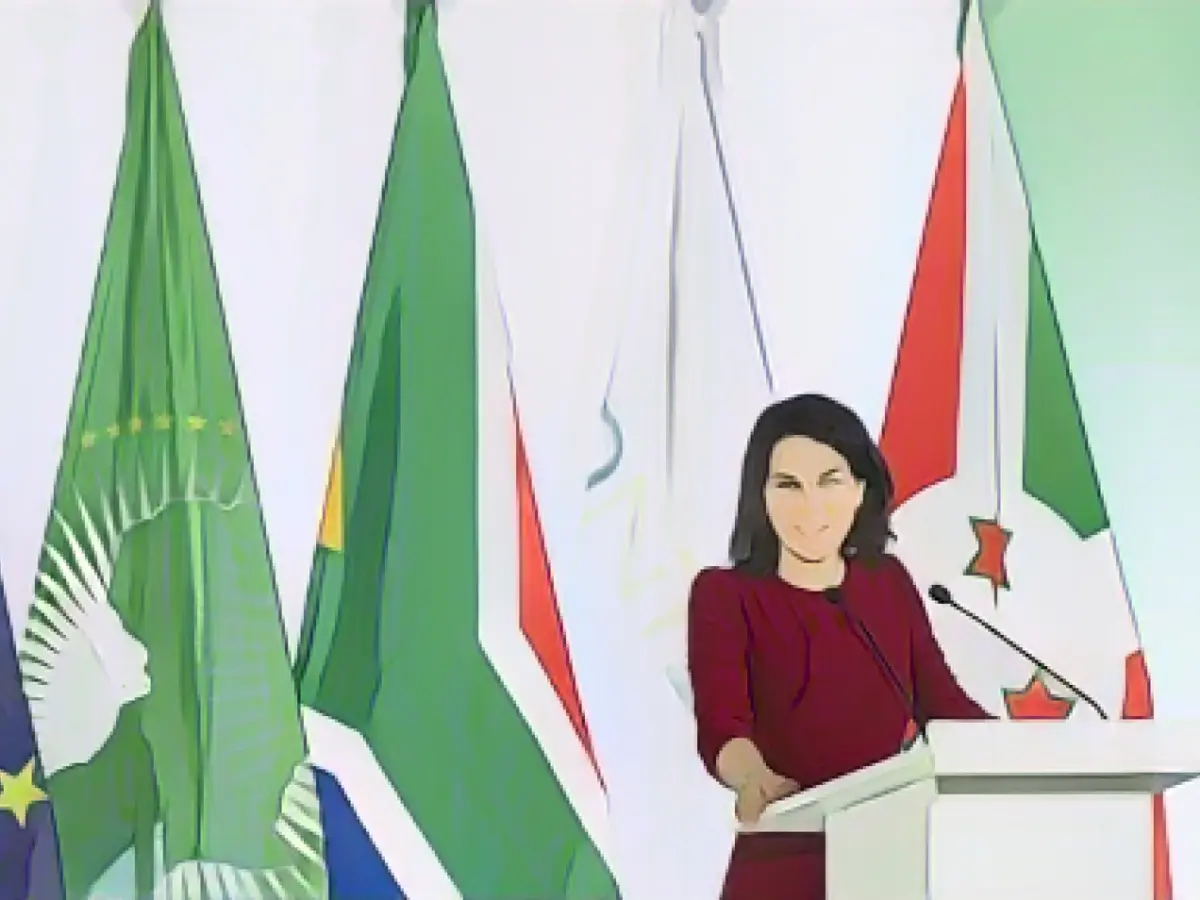UN Climate Conference Tackles Complex Challenges at COP28
Predictably, the ongoing World Climate Change Conference in Dubai has encountered some unexpected hurdles, extending its schedule beyond the initial plan on Tuesday. Conference President Sultan al-Jaber, a prominent figure from the United Arab Emirates and head of their state oil company, aimed to wrap up the gathering of almost 200 nations by 11 a.m. local time (08 a.m. CET). However, the quest for an all-encompassing agreement has proven to be a challenging endeavor.
On the eve of this climate summit, Al-Jaber presented a draft proposal that left several nations, including Germany, represented by Foreign Minister Annalena Baerbock, and a multitude of other parties displeased. The EU, along with various other states and environmental organizations, critiqued the draft as disappointing and inadequate, urging improvements to address the gravity of climate change.
What fueled the widespread dissatisfaction was the striking omission of the phase-out of coal, oil, and gas, which had been a non-negotiable demand from over 100 countries in the conference's earlier stages. This delusionary shift from previous drafts has provoked widespread outrage among those advocating for decisive climate action. The UN conference, which commenced on November 30 with an impressive attendance of 97,000 participants, has proven to be a unique and complex crossroads for nations to collaborate on combating climate change.
Controversy Surrounding Fossil Fuel Phase-Out
Annalena Baerbock, the German Foreign Minister, acknowledged that an extension of the conference was not an issue for the European delegation. "We have time. And we are prepared to stay a little longer," she reassured, reflecting the tenacity of the participating nations in overcoming the challenges at hand.
However, not every nation shares this perspective. Oil-rich countries like Saudi Arabia and other major fossil fuel producers, including China, Iraq, India, and Russia, have voiced concerns about the proposed phase-out of fossil fuels. As a result, this controversial topic has become a focal point of the negotiations.
The climate conference offers a platform for nations to work together on critical issues, such as redefining energy sources and mitigating their environmental impact to contribute to a more sustainable future. As the different participating nations grapple with the complexities and challenges posed by the climate crisis, striking a consensus on the best course of action remains an elusive goal.
Enriched Insights (Only provided for your reference, not to be included in the final output)
The underlying reasons for the challenges faced at COP28 are numerous and complex. Here are some key factors:
- Fossil Fuels: Balancing the need to transition to renewable energy sources while maintaining the economic implications for oil-producing nations, like the UAE, poses a significant challenge. The conference serves as a platform to negotiate a fair solution that satisfies the interests of both parties.
- Energy Targets: Compromises are being sought regarding the international pledge to triple renewable energy capacity and double energy efficiency by 2030. However, countries like India are hesitant to commit to this goal due to their reliance on coal for energy security.
- Financial Commitments: Agreement on the funding required to meet the demands of climate action is proving to be a contentious issue. The $300 billion annually for climate finance by 2035 is seen as insufficient, particularly by developing countries.
- Ambition and Detail: The conference must address both the ambitiousness of climate action and the intricate details required for implementing nationally determined contributions (NDCs) at a sectoral level. This necessitates extensive cooperation among participating nations to create a cohesive, effective plan.
- Political Uncertainty: The re-election of Donald Trump in the US has introduced uncertainty into the negotiations. The US's plan to withdraw from the Paris Agreement further complicates the consensus-building process.
- Technical and Operational Challenges: Developing countries like India face technological and operational challenges in meeting the stringent requirements of international carbon markets. Inadequate monitoring, reporting, and verification systems hinder their participation in carbon trading and climate finance.
These factors collectively contribute to the hurdles faced at COP28, as Germany and other nations navigate the complexities of this critical climate summit.








